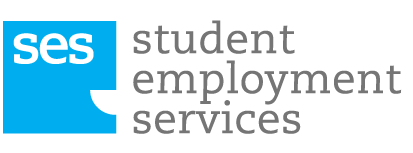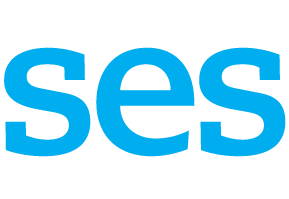6 Tips for Your Tech Industry Interview
Searching for a job in the tech industry brings some unique challenges, as recruiters will be looking for a balance of technical knowledge with inter-personal skills. Young start-ups have different expectations to long-established companies and it is a highly competitive market ripe with qualified and driven applicants.
To help give you the upper hand, read our six top tips from application through to closing your interview.
1. Be up-to-date
Things move fast in the tech industry, with updates and new tools making tasks easier. Therefore keeping your skillset up to date is essential, and is the best thing you can act upon ahead of looking for a new job. Are there courses you can take to expand your knowledge, or even just brush up on some old skills you haven’t used in a while?
You’ll also have to keep on top of industry terminology, with some IT firms using as much jargon as lawyers and politicians. Review and learn using this list of technical terms to save you from mixing up your IaaS, PaaS and SaaS models and knowing the jargon behind all of your tasks will show great communication skills.
2. Have your portfolio ready
Your CV and online portfolio (whether it is through a personal site or LinkedIn) should also stay up to date and comprehensive, mirroring everything mentioned on your CV. You should be able to recall information on anything included on your CV. You don’t want to list your diverse range of skills only to be stumped when asked to showcase them, so refresh yourself on anything you may have learned a few years ago.
If you’re applying for a role that requires showing off your visual work, a dedicated site is a must. It’s your chance to articulate the work you do, how you go about doing it as well as the kind of work you’re looking for in the future. Have detailed project pages with set information across all of your work while keeping the site navigation simple. A clean, functional website that employers can easily browse will be out a flashy site that they can get lost in every time.
3. Dress well
While tech departments are stereotypically casual, that doesn’t mean you can show up to an interview in anything you want. What you wear to an interview will set the tone for how the rest of your conversation will be, so be sure to dress correctly. The best way to know what potential new employees are looking for? Just ask them. If they call to let you know about your opportunity, enquire about their company dress code and what they’re looking for from you.
Be mindful of your mentality when it comes to finally meeting possible recruiters, as well. With a competitive job market you may be applying to many places at once, and it can be easy to let some of the negativity of application rejections slip into your best opportunity. Before your interview simply take a moment to compose yourself and make sure your focus is on the here and now, rather than any missteps you’ve made before.
4. Open conversations
Even when you are asked closed questions, such as what programming languages or tools you’ve worked with, don’t restrict your answers to simply ‘yes’ or ‘no’. If you have a lot of experience with something in particular, briefly elaborate on how you used it, and especially be sure to mention if you’ve helped colleagues use those tools, too. This will show your potential employer that you’re confident in your abilities and can mentor others.
On the other side, be careful if you’re answering ‘no’. Remember that you aren’t there to talk about what you don’t know, so instead tell your interviewer if you’ve ever worked around a gap in your skills or worked with a similar software or project.
Mentioning recent examples of great work or times you have supported your colleagues beg greater detail as the interviewer will get a better picture on how you’ll fit into the company. Interviewers know that they are throwing difficult questions at you, as well as getting to know your skillset, so be sure to give them easy ‘ins’ through your answers.
5. Prepare for unusual questions
Whilst memorising everything about your current role, it’s easy to feel off-balance when your interviewer follows up with outside-the-box questions like ‘How many uses for a paperclip can you think of?’
Interviewers may throw in unusual questions to challenge you. Try not to overthink the question and reply with a more meaty answer than one or two sentences. With these exercises tapping into your creativity, there are no strict right or wrong answers meaning you can contemplate hypothetical situations and elaborate on your answers.
For example, from a paperclip you can make a lock pick, a skewer, earrings and a cable tie, as well as keeping all of your files together. Through these questions, interviewers are looking to see what you will do when you are met with a problem. Will you be confined to tried and tested methods or will you think different and try out new tools and processes?
6. Ask about your role
The end of your interview is your time to close the deal and make sure potential employers remember you. Try not to let the interview tail off after their questions are done by preparing questions of your own.
Enquiring about other team members you would be working with, their backgrounds and levels of progression are good ways to show you are interested in becoming a team player in a company. If you’re applying for a graduate job, ask about others who have come through the company from the same starting point as you. You can even ask about problems those in your applied position find day-to-day or what they have done to excel in their positions.
Ending things on your own questions shows a lot more drive than if you simply let the interview stop, as well as showing that you’ve done your company research ahead of time and really want to work there, rather than just wanting to work.
Following these tips will give you your best shot of showcasing your skills. It’s a busy field, and only the best make it, so go out there, prove your worth and make sure you stick out from the crowd.




